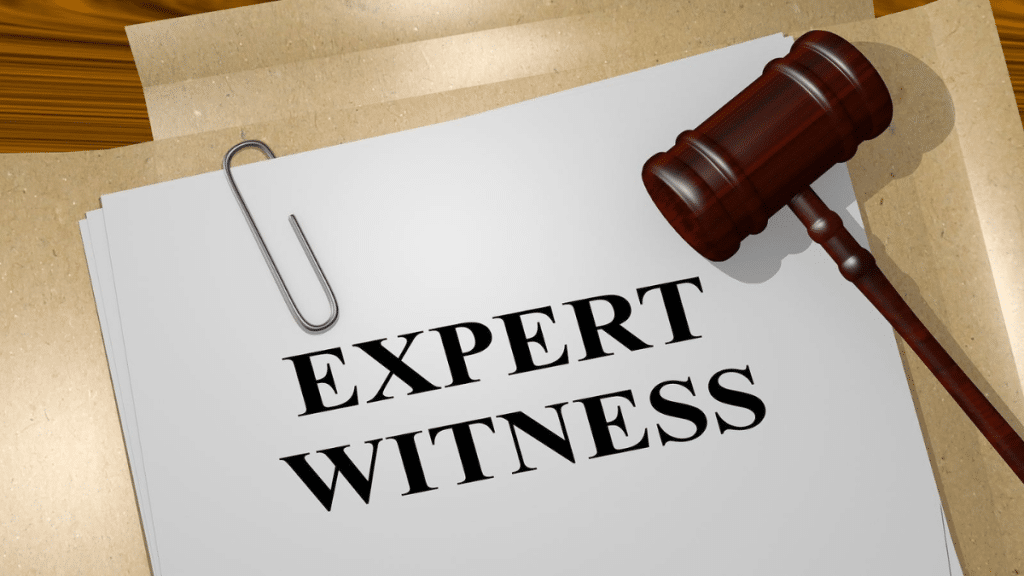In drunk driving collisions, the complexity of facts and the magnitude of stakes involved demands a firm legal strategy. One of the most important elements of a firm legal strategy is the employment of expert witnesses. A seasoned drunk driving accident lawyer relies a great deal on such experts to interpret, explain, and confirm evidence in a language understandable to a judge or a jury. Expert witnesses provide objectivity and professional expertise to the case, providing testimony that may make or break impaired driver civil and criminal cases.
What is an Expert Witness?
An expert witness is a licensed individual with specialized education, experience, skill, or knowledge in a specific subject area pertinent to the case. Unlike a lay witness, who may only testify on what he or she personally experienced or saw, an expert witness is authorized to offer opinion based on facts and evidence introduced in the case. His or her testimony may clarify complicated matters, like blood alcohol level (BAC), crash reconstruction, or bodily injury sustained as a result of the crash.
Types of Expert Witnesses Frequently Employed
Diverse kinds of expert witnesses are used in various drunk driving cases, based on the facts of the crash:
- Toxicologists
- Experts in toxicology. They interpret the BAC results. They can describe how booze impairs motor control. and reaction time, and can testify to. how the driver’s state of intoxication. affected their safe driving capabilities.
- Accident Reconstruction Specialists
- These experts analyze physical evidence at the crash site—roads, vehicle damage, and skid marks—to recreate the accident. They are able to ascertain the speed of the car, impact angle, and whether the intoxicated driver had caused the accident through his or her actions.
- Medical Experts
- In cases of grievous injuries, a specialist doctor can be permitted to provide his/her opinion regarding the severity of injuries sustained and the impact on the victim’s life over the long term. They are also able to explain how certain injuries are compatible with speeding or irresponsible driving, which more often than not goes hand-in-hand with alcoholism.
- Field Sobriety and DUI Experts
- They can be given a law enforcement or criminal justice background and can testify as an expert on how the field sobriety tests are given. They can assess whether or not the arresting officer performed everything by the book and if the results of the test are valid.
How Expert Witnesses Reinforce a Case
Expert witness testimony can be valuable in determining liability and damages. In civil actions, as the injured are seeking compensation, experts have the ability to verify claims of pain, suffering, loss of income, and medical bills. In criminal DUI prosecutions, the state can use expert testimony to establish the driver was over the limit and their intoxication caused the crash.
The Legal Strategy Behind Hiring an Expert
Not every expert witness is as persuasive. A seasoned attorney will thoroughly screen possible experts, searching for credentials, trial testimony, and the skill to present complex ideas in a clear way to a lay audience. A good expert not only lends credibility but can successfully counter the opposing party’s claims. In addition, timing and disclosure requirements also differ from jurisdiction to jurisdiction. An intoxicated driving accident attorney should be confident that expert witness reports are submitted within court timelines and testimony for the overall theory of law of the case.
Expert witnesses are most crucial in drunk driving accident cases. They offer technical expertise, provide supporting evidence to central arguments, and tend to direct the decision in the direction of the party which most compellingly tells its own story. To victims and their loved ones seeking justice—or to defendants requiring a fair trial—the skills these experts will offer are the difference between victory or defeat. Attorneys who are aware of the optimum manner to integrate expert opinion will greatly enhance the likelihood of a favorable outcome.
